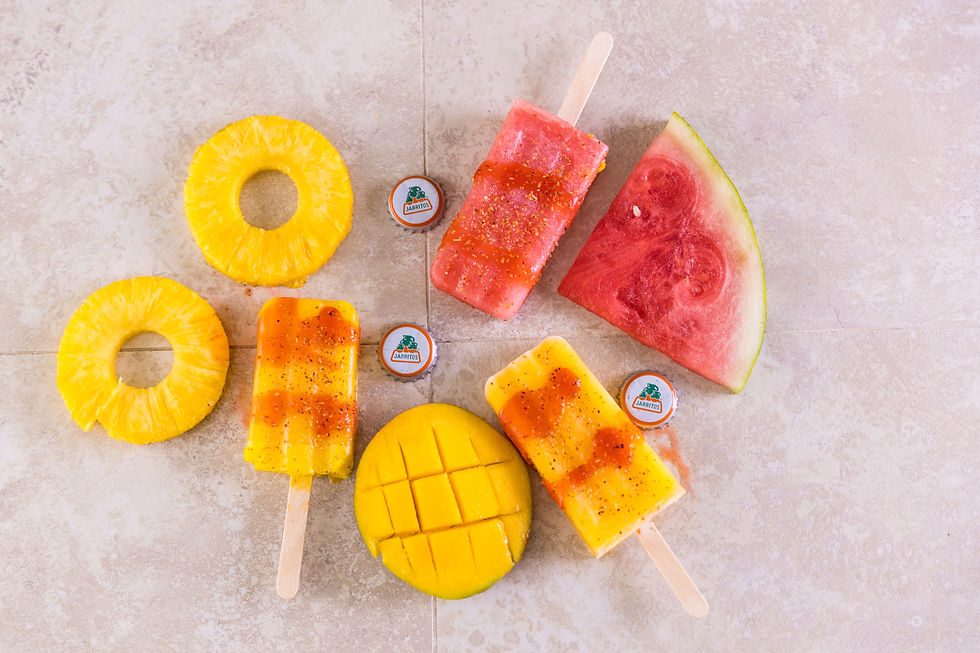Price Influences Your Judgement
- anetabirnerova
- Jul 22, 2024
- 4 min read
“I prefer these painkillers,“ you point your finger at the fancy brand. “They’re a bit more expensive, but they work!”
Do you connect quality with the price? Keep reading.

This article is inspired by The Choice Factory. A book written by Richard Shotton about cognitive biases in marketing and everyday life. Read another article from this series.
Imagine…
There's a new coffee machine in your office. How exciting. Fancy black lines contrast with the metal elegance of the handle. You can’t wait to get your first coffee. You take your mug out and press the button…
Delightful scent intoxicates you. “Oh, what a special day,” you moan in anticipation.
The machine is done with preparation. Finally, it’s time for the first sip. You gently put the mug towards your lips. The world stops. Oh. It’s better than you expected. Chocolate tones tickle your tongue guiding hazelnut flavour directly towards your taste buds. Incredible. “I would never have guessed the company would treat us with such good coffee. Must be a fair trade. Small roastery in the hipster alley…“
“Pretty convenient, huh?” Your colleague interrupts your nirvana. “It’s just Nescafé but I’m surely excited I don’t have to run down to the cafeteria anytime I need a break.“
He pets your back and walks away leaving you completely frozen. You stare into the abyss. Finally, you summon enough courage to take another sip. Rotten soldiers from the army of death dig holes in your teeth leaving your insides lifeless and bitter.
You pour out the rest of the mug into the drain. The day is ruined.
Why the sudden change of heart?
A. You jumped timelines and everything tastes like crap now.
B. A fly pissed in your coffee.
C. You’re no coffee expert. You connect quality with price and exclusivity.
Did you make your guess? Good. I’ll reveal the right answer at the end of the article. But in the meantime, let’s learn something new about human behaviour.
Painkillers that murder your wallet’s wellbeing
In 2008 Dan Ariely offered his 82 human subjects two types of painkillers. One for 10 cents. Another for fancy $2,50. Volunteers agreed to get two electric shocks. One before taking the painkiller. Another after. Ariely was solely interested in the efficiency of the pill and was determined to be a little brutal to get the results.
And they were as plain as expected. The cheaper pill group felt less pain during the second shock only in 61% of all cases. While the expensive pill group felt better in 85% of cases.
“Obviously,” you roll your eyes. “What’s your point, Aneta, geez.” I understand your impatience, trust me, I do. All would be ‘obvious’ for sure. If only all the pills weren’t in fact… placebos.
Veblen effect
Veblen effect points out that we are keen to pay higher prices for equal products. The author of this effect, Thorstein Veblen, studied the society of late 19. century. He discovered the tendency of the middle class to buy luxury products to show off or better their social status. Over time higher prices became a synonym of not only luxury goods but higher quality as well.
Nowadays we honestly think that a more expensive painkiller in a nicer box is more efficient than a cheaper variant – even though the ingredients are the same.
Can you smell the difference?
Richard Shotton and Rebecca Strong wanted to test those findings. They set up a perfume stand and let people judge their goods. They rated them on a scale from 1 to 10. The higher the number the better the product.
Every perfume had its price visibly attached. Everything went smoothly but then in the middle of the experiment, Shotton doubled the price of one product from £40 to £80. And with the price going up its popularity was as well. Previously only 33% of people rated it at 7 or higher. Now 78% of people thought this perfume is nice stuff.
Our bodies agree with the price
This experiment proves that the Veblen effect is not as superficial as we would think. A marketing professor from Standford University, Baba Shiv asked his students to solve mathematical problems for a small financial reward.
Before the riddle race began students were allowed to buy an energetic drink. Half of the students got to pick a more expensive product than the other. And the results? People with more expensive stuff solved 30% more problems than the other group.
Sales can cost you
There is one thing I haven't told you about the previous experiment. Students knew they were drinking the same thing. The "cheaper variant" was the same brand sold in sale.

What does that mean? Lower prices always mean poor quality for our brains. I’m not saying never to use sales in your marketing strategy, but don’t overdo it. Otherwise, your whole brand would look cheap.
C. You’re no coffee expert. You connect quality with price and exclusivity.
Source: Richard Shotton | The Choice Factory
Read more: Beware! Media influences your content





Comments